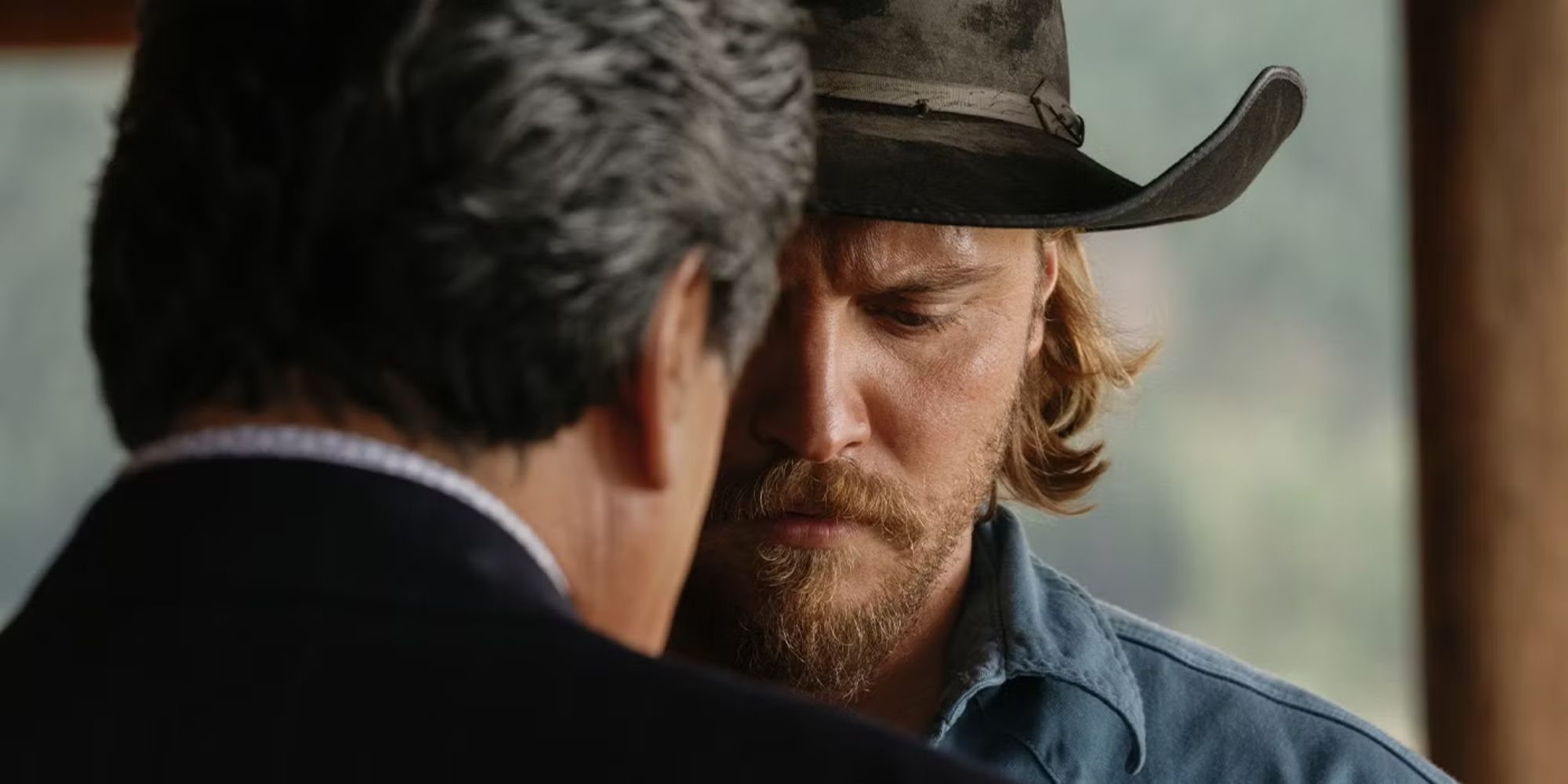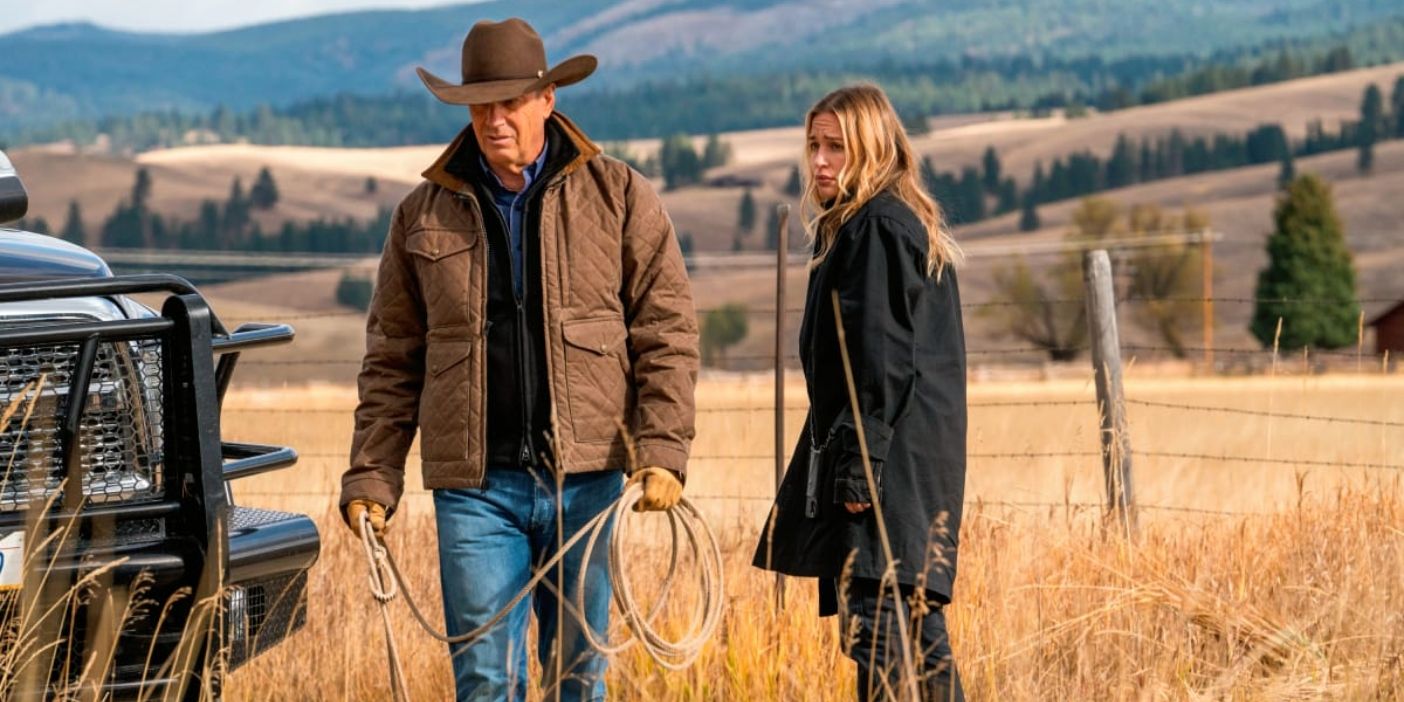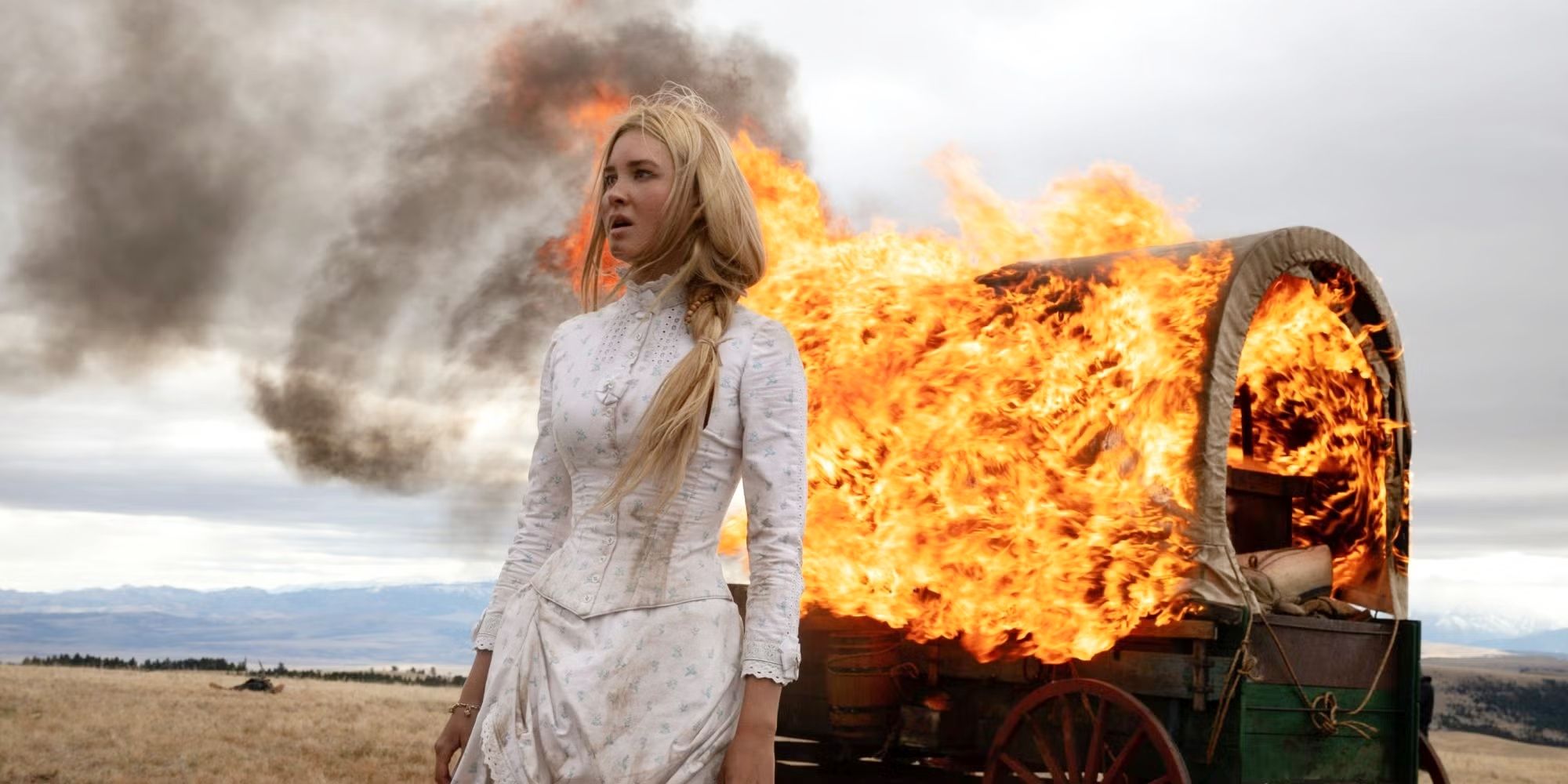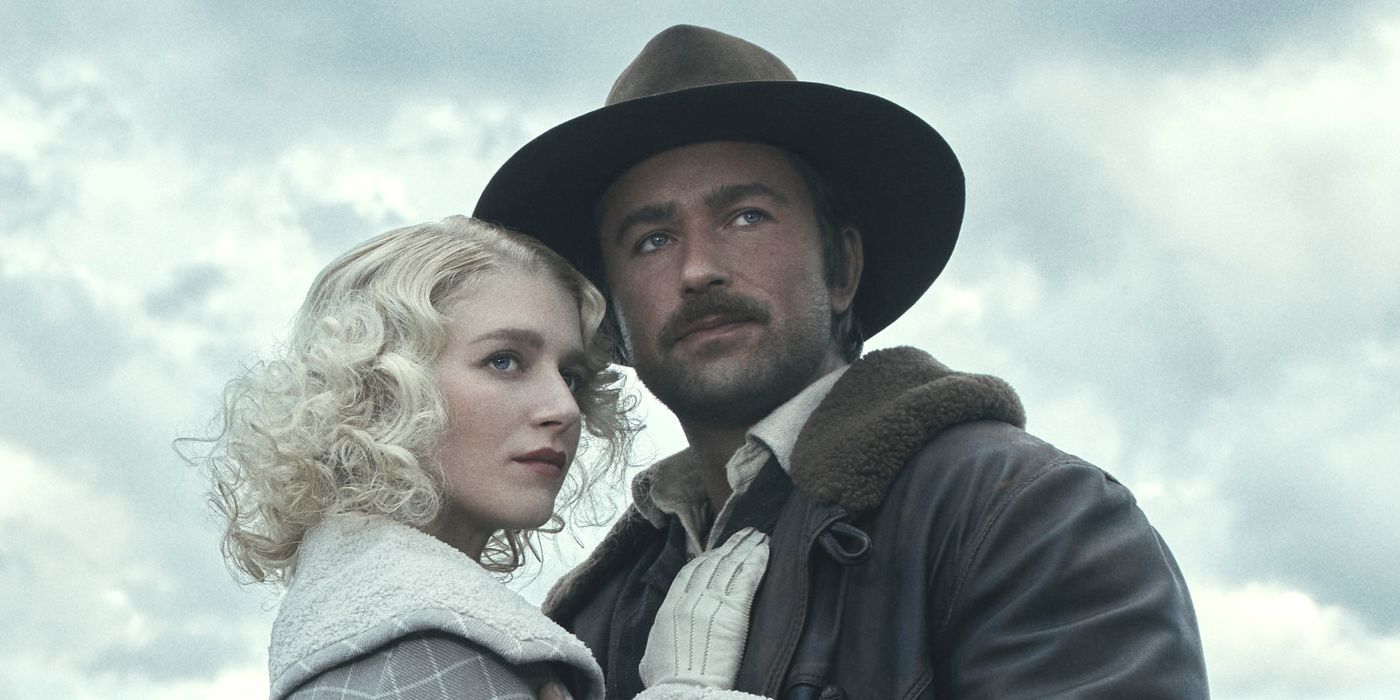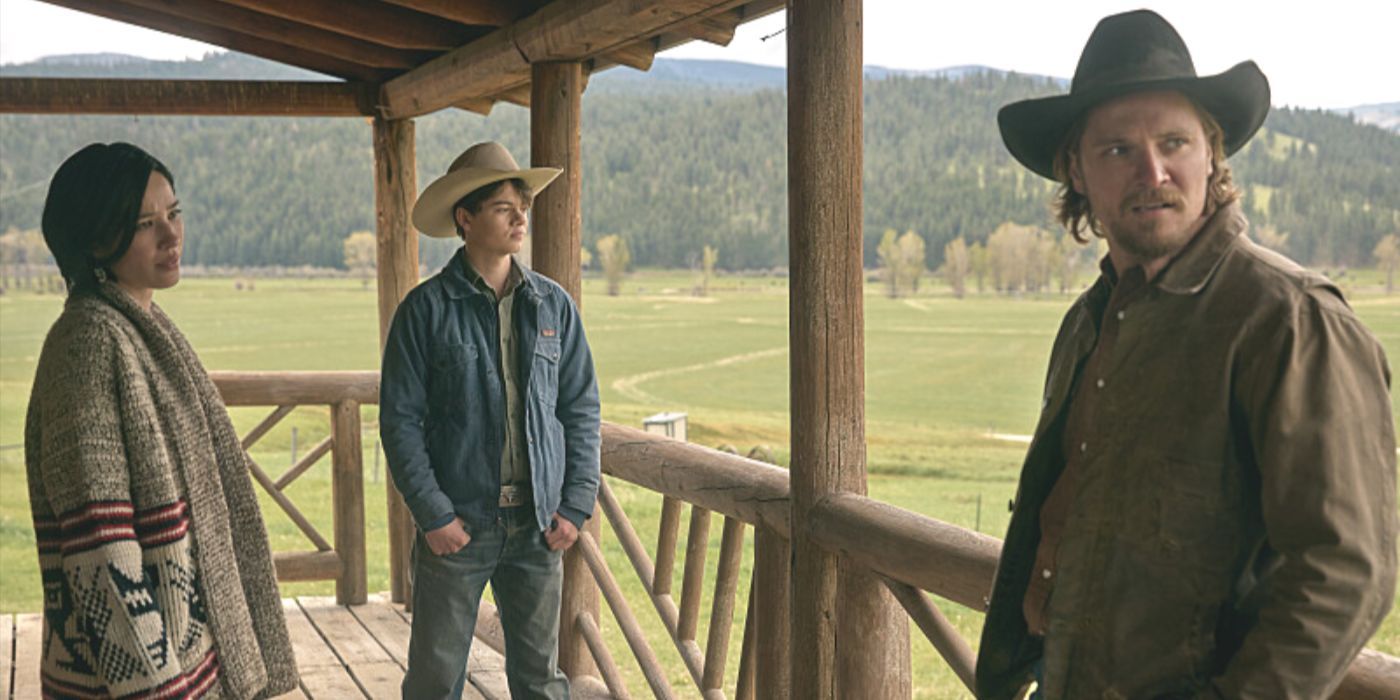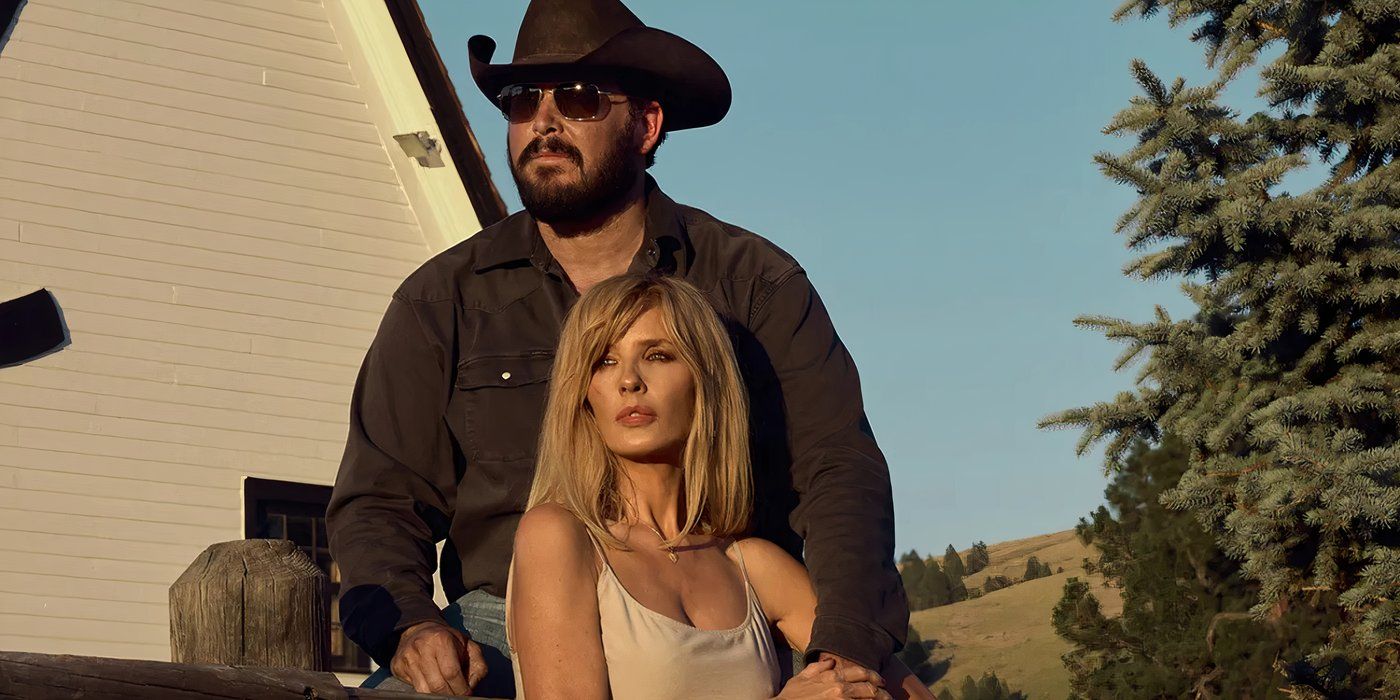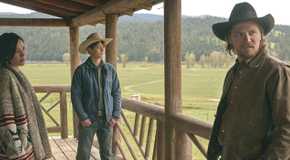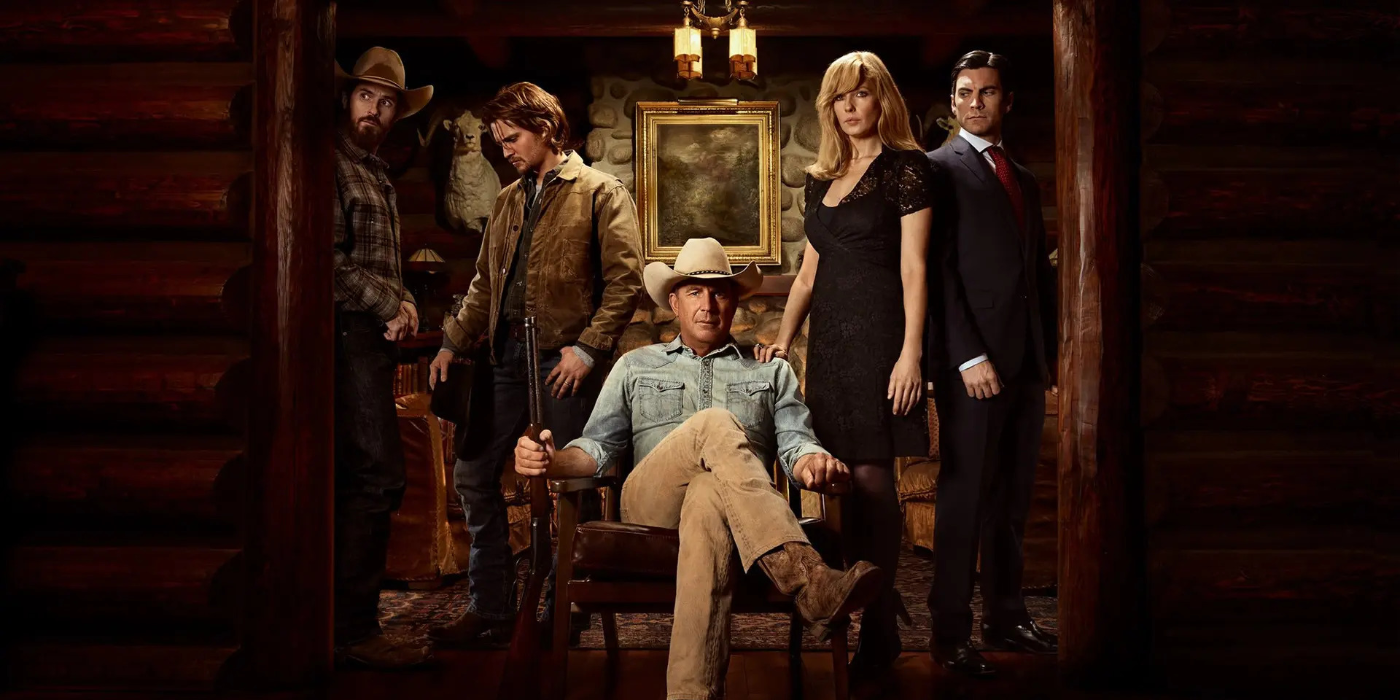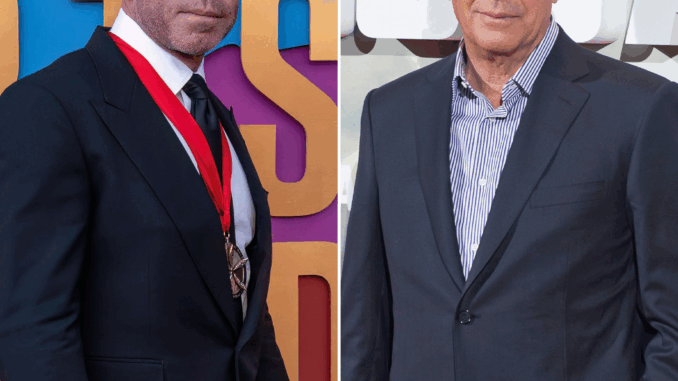
Long before Kevin Costner took on the name John Dutton, Sheridan originally pitched Yellowstone to HBO, a network known for making prestige TV even more prestigious. Sheridan’s was bold, rich in complex, flawed characters and, in all honesty, a story that HBO would usually leap at. 8 years on, it’s clear that HBO passed and still that decision feels baffling. Not just because Yellowstone ultimately succeeded in spite of the network’s rejection, but because the current media mess that Yellowstone is stuck in would have all been prevented had HBO said yes.
The Yellowstone Series That Almost Was
HBO Passing on Yellowstone Doesn’t Feel Right
It’s clear that Sheridan always knew what he wanted for Yellowstone. While some external factors may have shifted around that vision a bit over the years at Paramount, there’s still quite a cohesive and moving story focusing on the legacy of the Dutton family and Montana. Knowing that, it simply doesn’t make sense that HBO wouldn’t encourage and take a chance on a man like Sheridan given the network’s own legacy of betting on uncompromising visions.
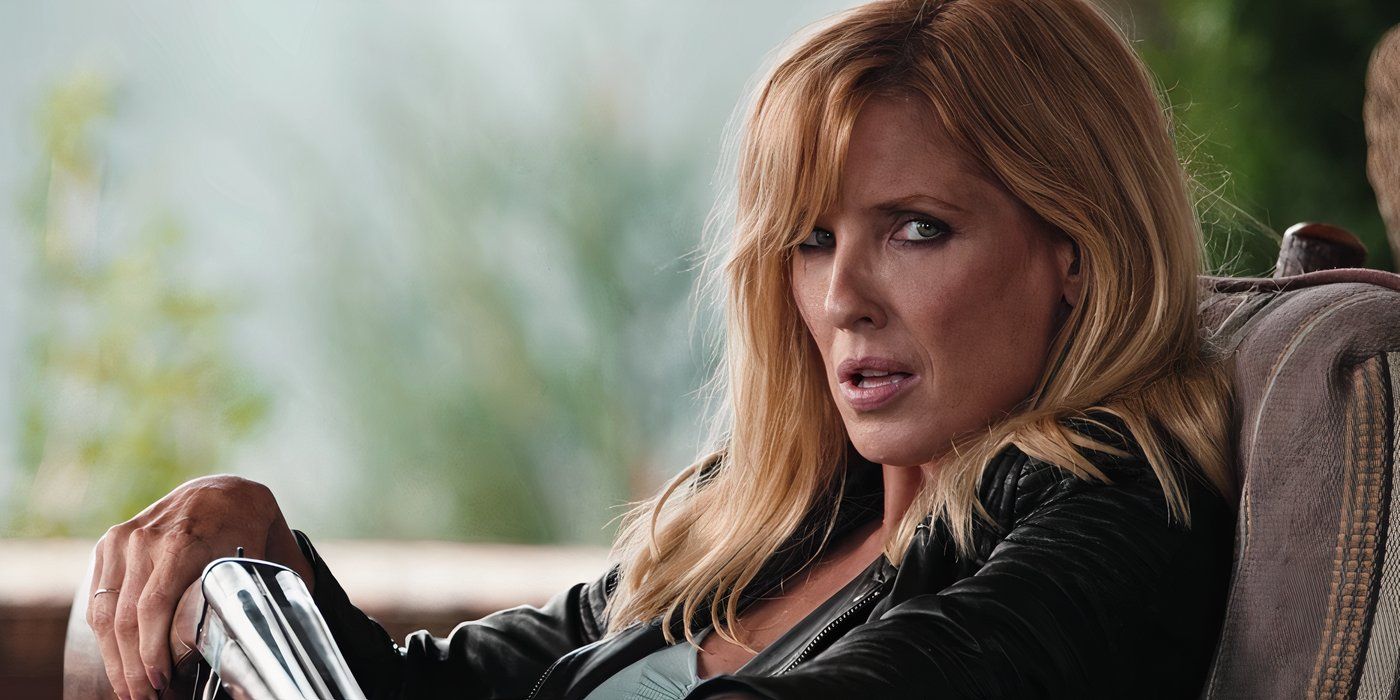 Beth Dutton and Rip Wheeler are set to return in their own spinoff series–and I’m excited to see how it expands on this line from Yellowstone.
Beth Dutton and Rip Wheeler are set to return in their own spinoff series–and I’m excited to see how it expands on this line from Yellowstone.He was told that Yellowstone wasn’t what audiences wanted and that taking on the series felt like a step backward for HBO. According to Sheridan, he left that meeting furious, but even more determined to bring his series to life. He didn’t want to sand down his characters or make the show more digestible. Sheridan ultimately took the series to Paramount, which back then was desperate for a rebrand. Paramount Network gave him the space, the money, and most importantly, the freedom to bring his vision of Yellowstone to life.
Looking back though, HBO’s decision to reject Yellowstone still feels like a misstep in terms of what the network stands for. HBO never shied away from flawed protagonists or morally muddy waters. The network produced eight seasons of Game of Thrones. It simply failed to recognize that what Sheridan had would lead to a successful franchise with a dedicated and loyal fanbase.
Paramount’s Streaming Strategy Fractured the Yellowstone Franchise
HBO Could Have Prevented All of This if It Had Only Said Yes
Have you tried streaming Yellowstone recently? Odds are, if you tried, you’d wind up in a corporate maze. The flagship series isn’t even available on Paramount+. Instead, the series is available on Peacock because of a licensing deal made before Paramount realized it had accidentally sold off the future of its most valuable IP. The Yellowstone spinoffs, 1883 and 1923, are locked away behind the Paramount+ paywall. The newest spinoffs, excluding the Kayce Dutton series, which will air on CBS (another network), have yet to have a confirmed home. There’s no unified path to experience the Dutton family legacy.
This isn’t some harmless oversight. It’s a branding disaster that could have easily been prevented had HBO taken the reins and given Sheridan what he wanted. Warner Bros. Discovery isn’t perfect, but one thing it does right is keep things in the family. Think of the Game of Thrones franchise, which has plenty of new spinoffs planned and all will air on HBO Max. There’s cohesion to the way HBO treats its IPs, not just how they air, but how fans can access them.
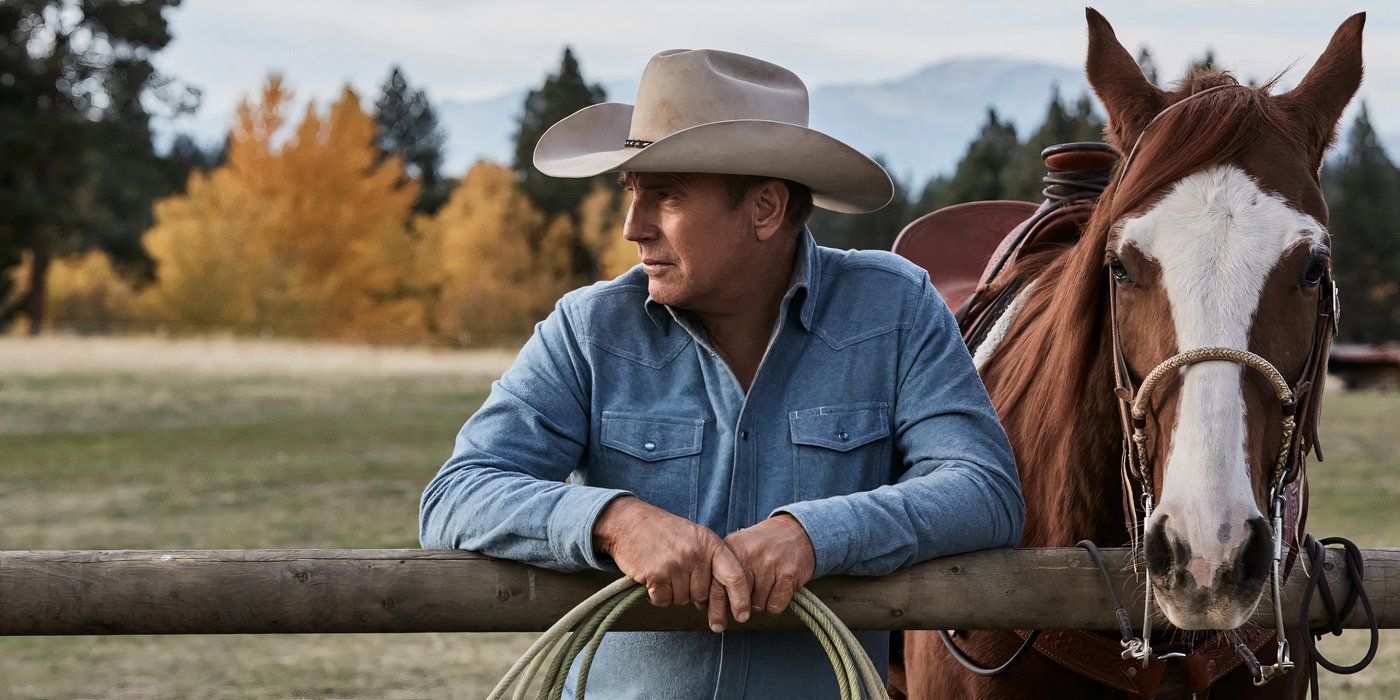
Taylor Sheridan’s original pitch proves John Dutton was always meant to go dark, making Kevin Costner’s reported feud over Yellowstone pointless.
The Hollywood Reporter stated in a 2023 profile that Sheridan’s relationship with Paramount had been strained by internal politics and an over-commercialized vision of what the franchise should be. Had HBO simply said yes to Sheridan, Yellowstone would likely have launched with a premium budget, under one home, and a long-term roadmap prioritizing story and character, not licensing deals. Unfortunately, what exists now is this fragmented franchise because of business and money outrunning creative intent.
The Yellowstone Series That Could Have Been
The Dutton Family Legacy Could Have Been More Iconic
Sure, there’s no denying that with Paramount, Taylor Sheridan got scale, but what he didn’t get was the proper time to let the story marinate. There’s always been a sort of quiet tension between what Yellowstone is and what it could have been. Paramount demanded speed and now the franchise may be growing a bit too fast and not necessarily in the best way. With plenty of potential spinoffs and continuing negotiations and rumors regarding Sheridan and Paramount, it’s unclear whether the Duttons will survive once it’s all over.
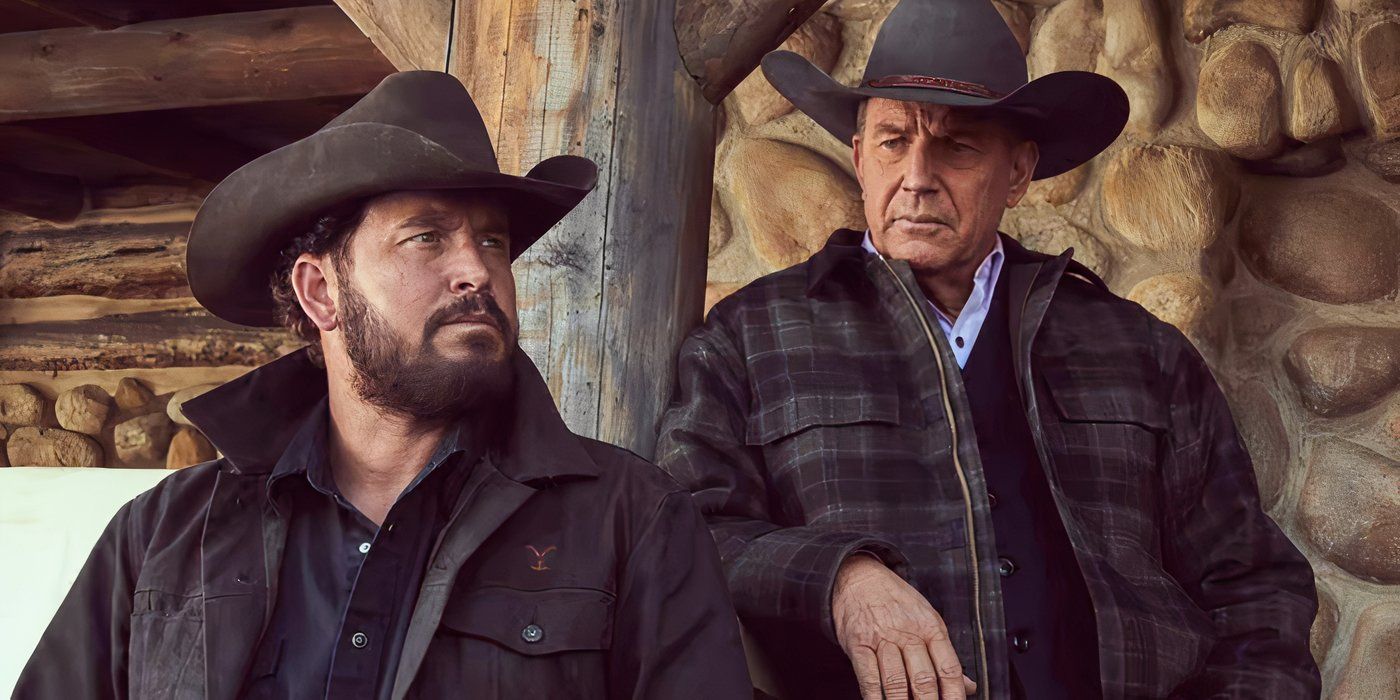
While Yellowstone has become one of the most-watched TV franchises, the last season of the original show was very disappointing for fans.
HBO shows have always had room to grow at their own pace in order to become the icons that they are today. None of HBO’s shows were immediate successes, but they were given a chance to become iconic because the network understood that not every story fully formed. Sheridan’s characters, especially John and Beth Dutton, had that same potential for nuance. Under a different roof, they might have been allowed to exist without having to constantly defend their place in the spotlight. The tragedy isn’t that Yellowstone failed, because it’s clear it didn’t, but it could have been something more.
